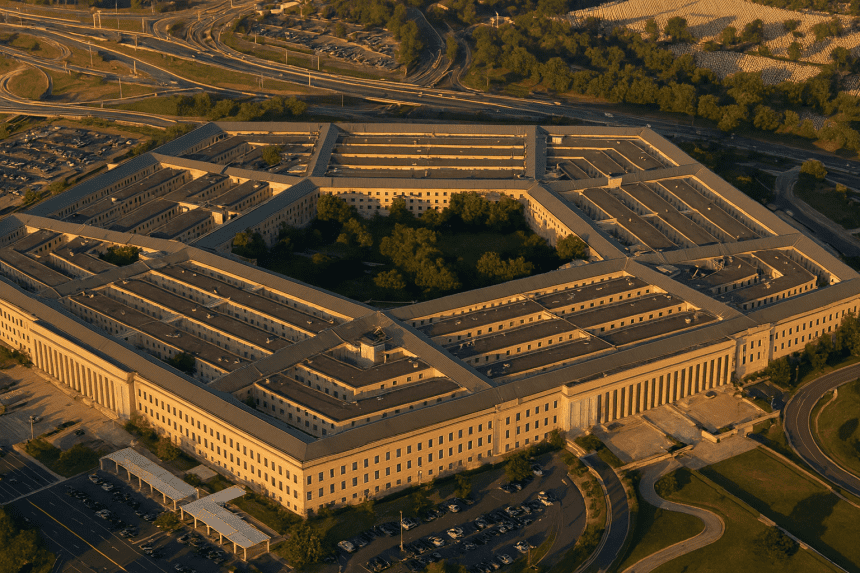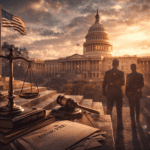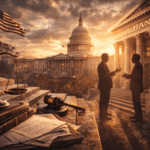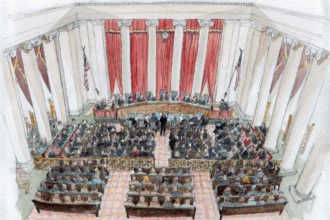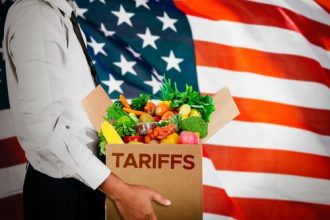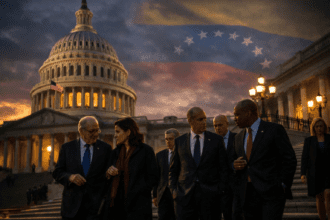Media, When the Pentagon asked reporters to trade freedom for access, they didn’t hesitate.
They laughed a short, knowing laugh that said, “Nice try.” That dull memo from October 2025 turned into something bigger a fight for the soul of journalism. The government wanted obedience. The press wanted air. And yeah, we all know who blinked first.
The rule was blunt avoid “unauthorized” info or lose your badge. Within days, the country’s biggest outlets print, TV, digital pushed back. They called it what it was: censorship in uniform. Because when control wears camouflage, it’s still control.
Access makes things easier, sure. But once it’s tied to rules, it’s not access anymore it’s permission. Editors decided truth mattered more than hallway passes. The First Amendment wasn’t built to flatter authority it was built to challenge it. Taking away credentials to punish curiosity? That’s the exact line democracy draws in ink.
Even if the Pentagon retreats, the cracks show. Newsrooms are broke, burned out, and bleeding talent. Reporters Without Borders called 2025 a rough year for journalism, and they weren’t kidding. When money runs dry, independence starts to fade. Pressure lingers.
Meanwhile, readers scroll past truth like background noise. Reuters says trust is flat, subscriptions stalled. And when real news gets blocked, rumor rushes in to fill the silence. That’s not security it’s chaos pretending to be order.
Officials insist it’s about protecting troops. Maybe they mean it. But journalism isn’t about following orders it’s about asking the uncomfortable questions. Always has been. This time, the press remembered that. Competitors linked arms and said no, access isn’t worth silence.
The lawsuits are already rolling in. Lawyers are calling it coercion, maybe even prior restraint. Even if the policy softens, it sets a dangerous model one others might copy.
Beyond U.S. borders, it still echoes. When America wobbles on press freedom, authoritarians grin. When it stands tall, they flinch.
But the real threat isn’t politics it’s money. Empty budgets mean quiet watchdogs. Outrage gets clicks; investigation doesn’t. That’s how control sneaks in slow, polite, unnoticed.
Cut reporters off long enough, and influencers take over. Facts blur. Noise wins. Irony bites hard silencing the press just makes the chaos louder.
There’s a better path. Protect what truly needs protection. Declassify faster. Keep oversight honest. Security and transparency don’t cancel each other they complete each other.
The military should welcome scrutiny. Investigations have saved lives, exposed waste, and built trust. Openness isn’t weakness it’s courage.
In the end, the story was simple. Power tried to hold the pen; the press tore up the page. Freedom isn’t a gift. It’s the only pass that counts.
Conclusion Democracy Needs a Press That Says “No”
We can argue about which secrets deserve protection. But we can’t confuse secrecy with control. When America’s media said no, they reminded the world: watchdogs don’t take orders. That stand didn’t weaken security it strengthened democracy. The Pentagon can revise its memo. The press already knows its purpose report without fear, verify without favor, and never trade truth for access. Refuse to Surrender Why America’s Press Is Drawing a Line and What It Means


